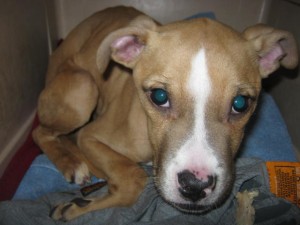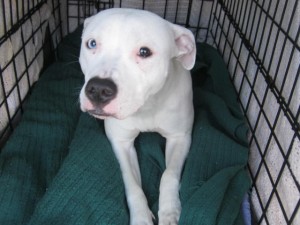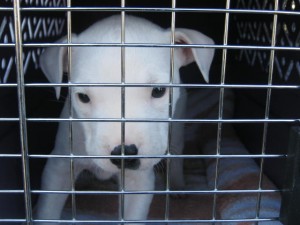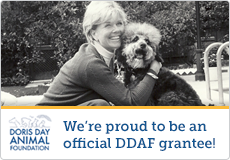What is Parvovirus (also known as Parvo)? Important information!

Parvovirus is a serious and deadly disease that strikes puppies and dogs. It is mostly dangerous to young puppies but can also affect older puppies and adult dogs that haven’t been vaccinated regularly. It is so contagious that it can be transferred easily by any contact with an infected dog’s feces. It can be transferred on the bottom of your shoes or on the tires of your vehicle.
The parvovirus can survive searing heat and subzero temperatures for long periods of time, which means the virus can survive long after the infected feces or animal has been removed. Some say the virus can live up to a year.
If you have a friend that had a puppy with parvo and you are visiting at your friend’s house, you can easily take the virus home to your dogs on your shoes. If you are walking your dog in an area where an infected dog was, your dog will be exposed.
Signs of Parvo:
- Loss of appetite
- Vomiting
- Lethargy (no energy)
- Diarrhea
- Bloody diarrhea
- Fowl smelling diarrhea
- Fever

Most deaths occur within 2-4 days from the first symptoms. Parvo is very serious and puppies and dogs that get it suffer a great deal. It is very difficult to treat and very expensive.
How can I prevent Parvo?
There is no cure for Parvo. The best defense is to follow your veterinarian’s vaccine schedule. Puppies need at least 3 or 4 vaccines to be protected and then yearly shots after that. Adult dogs need yearly shots.
What should I do if I think my dog has Parvo?
You should take your puppy or dog to the nearest vet clinic as soon as possible. Please seek medical care; your pet’s life depends on it. If you cannot afford to treat your puppy or dog and decide to give the animal up, please take it to the nearest animal shelter as soon as possible or call someone for help.
WINTER
Winter weather can mean increased risk for parvovirus. With snowfall, then quick melting, yards, sidewalks and streets are a danger for the parvovirus which can lay dormant during winter months – an unfortunate reality for dog owners is that their dogs are bound to step in some of this material.





